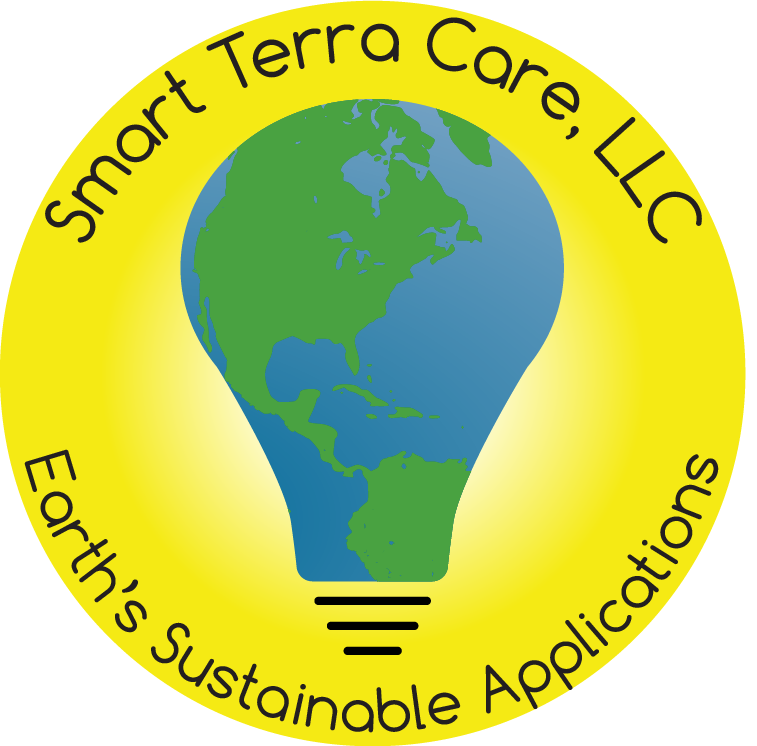ABLAZING
CLEAN
THERMALLY-TREATED
ORGANIC
FUTURES
“A thermochemical treatment of biomass between 160°F and 220°F for a prescribed interval of time to destruct biomass-based pathogens and their larva in order to prevent reinfestation or reinfection.”
“A thermochemical treatment of biomass between 250°F and 600°F in a low-oxygen environment for a predetermined time interval whereby the cell structure of biomass is modified by volatilization of light volatiles resulting in energy densification, hydrophobicity and friability.”
“A thermochemical treatment of biomass at 600°F and 1100°F in a low-oxygen environment for a predetermined time interval whereby most volatiles in the biomass are volatilized resulting in a product with very high fixed carbon content.”
ADVANTAGES AND APPLICATIONS OF ACTOF®
- Calorific value comparable to fossil-based solid fuels
- Grindability comparable to fossil-based solid fuels
- Blends with fossil fuels in existing power plants
- Power plants can fire 100% biomass without infrastructure modification.
- Reduces emissions from fossil-fuel fired power plants
- Optimum feedstock for liquid biofuels and biochemicals
- Optimum feedstock as an engineered filler for polymer composites
- Substitute for pulverized injection in metallurgical plants
- Biochar
- as a soil amenity for moisture and nutrient retention
- as carbon feed for livestock
- for soil remediation and pollutant capture
- carbon sequestration
- Biocarbon
- activated carbon feedstock
- carbon black feedstock
- air and water purification
- carbon nano-fiber
- reducing agent for metallurgical application
Thermal-Treatment Reactor (TTR)
The STC TTR can process sized and dehydrated feedstock from various biomass sources such as forest siviculture, agricultural residues, urban wood waste, yard waste, landscape prunings, dedicated energy crops, treated biomass, and animal wastes such as cow manure, poultry litter, etc., giving it enormous flexibility. The unit is indirectly heated by the products of combustion from biomass, fossil fuel or electrical heating. The volatile organic compounds produced during the thermal-treatment process can be combusted to supplement process thermal energy, or recovered as a low-acid condensate. Waste heat from the TTR can be also be utilized for secondary processes, providing excellent process control.
October 2012 - Valdosta, Georgia
500 tons of torrefied product created using
Earth Care Products' patented processes and equipment.
The TTR system allows operation at user-defined processing temperatures and processing times to produce an engineered biomaterial best suited for its intended application. The TTR system is operated within the temperature range of 150°F - 1100°F with a residence time range of 10 - 40 minutes.
The system can employ direct and/or indirect product cooling. Direct cooling uses a fine mist of water directed onto a spread layer of hot biomaterial exiting the thermal-treatment reactor. Indirect cooling employs a water-jacketed conveyor to dissipate the heat, with both instances using non-potable water. Cooled biochar can be ground to achieve a particle size ideally suited for its end use. The physical characterization tests and chemical properties of thermally-treated biomass can be determined via independent laboratories. Onsite periodic production testing of thermally-treated biomass for moisture, volatile content, fixed carbon content, etc. is recommended to maintain consistent production quality.
NOx and/or SOx are formed when a nitrogen and/or sulfur-bound material is exposed to temperatures exceeding 2000°F in an oxidizing environment. Dioxins are created when organic compounds react with chlorine in the presence of oxygen and the reactions are catalyzed by metals such as iron, copper, etc. that act as reducing agents. Both of these conditions are unavailable in the TTR, therefore preventing the formation of NOx, SOx, and Dioxins.
The TTR system employs state-of-the-art seals that provide a self-inerting atmosphere. In addition, the TTR is equipped with solenoid-activated water-spray nozzles to rapidly discharge water to suppress any potential scenario for fire or an explosion. The cooling system ensures the thermally-treated biomass temperature is below its spontaneous ignition temperature for safe storage and load out. Additionally, the thermally-treated biomass is resistant to microbiological activity further preventing self-heating during long term storage.
A single line TTR system also offers scalability from 100 lbs per hour up to 10 tons per hour.












